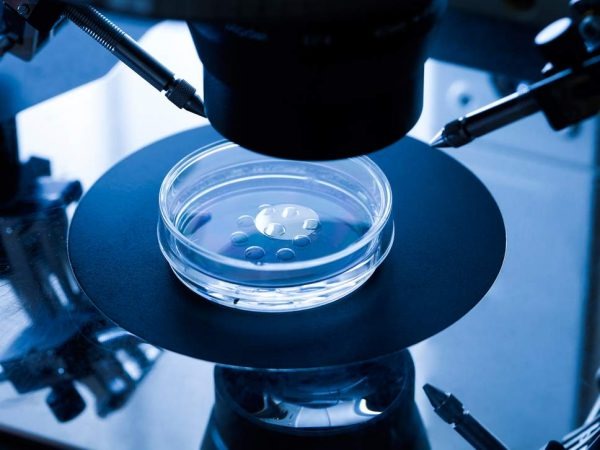A leading fertility specialist, Dr. Jaiyeoba Adeyemi, has debunked lingering misconceptions surrounding In Vitro Fertilisation (IVF), stating categorically that children conceived through the assisted reproductive method are not in any way abnormal. He made this clarification during the Welcome Forum of BridgeClinic, which held recently in Lagos under the theme, “Optimising Your Fertility Health.”
Dr. Adeyemi, who addressed participants at the forum, emphasised that IVF births are the product of the same human genetic components as natural conception. According to him, the idea that babies born through IVF are somehow different or inferior is entirely unfounded and medically inaccurate.
“There’s this common misconception that babies born via IVF might be abnormal. That is not true,” he said. “The procedure still involves the sperm from the man and the egg from the woman. These are the same components used in natural conception. The only difference is the method of fertilisation. The resulting baby is completely normal, just like any child conceived naturally.”
Addressing the issue of IVF success rates, the expert noted that while outcomes can vary depending on several factors, recent statistics have shown increasingly positive results, particularly as technology and medical practices in fertility treatments continue to improve.
He also offered crucial advice for couples trying to conceive. Dr. Adeyemi urged couples who have been unsuccessful in getting pregnant after one year of trying to seek professional fertility evaluation or medical assistance. He pointed out that women aged 35 and above should be even more proactive, given that fertility naturally declines with age.
“For women who are 35 years and older, time is a critical factor,” he said. “Unlike younger women, those in this age category should seek fertility testing or treatment if they have been trying for just six months without success. This is because the quality and quantity of a woman’s eggs begin to decline significantly as she ages.”
Speaking further, Dr. Adeyemi touched on the sensitive issue of egg donation, noting that although the fertility industry in Nigeria is still evolving, it is operating under the guidance of regulatory bodies to ensure ethical standards are upheld. He referenced the Association of Fertility and Reproductive Health (AFRH) as one such body providing oversight on fertility practices, including egg donation protocols.
He assured attendees that BridgeClinic, one of Nigeria’s pioneer fertility centres, adheres strictly to regulated procedures when selecting egg donors and conducts comprehensive screenings to ensure the safety and success of the treatment process.
The event, which attracted couples, health practitioners, and fertility advocates, provided a platform for awareness creation and education on reproductive health, debunking myths and encouraging timely intervention for individuals and families seeking to overcome infertility challenges.

